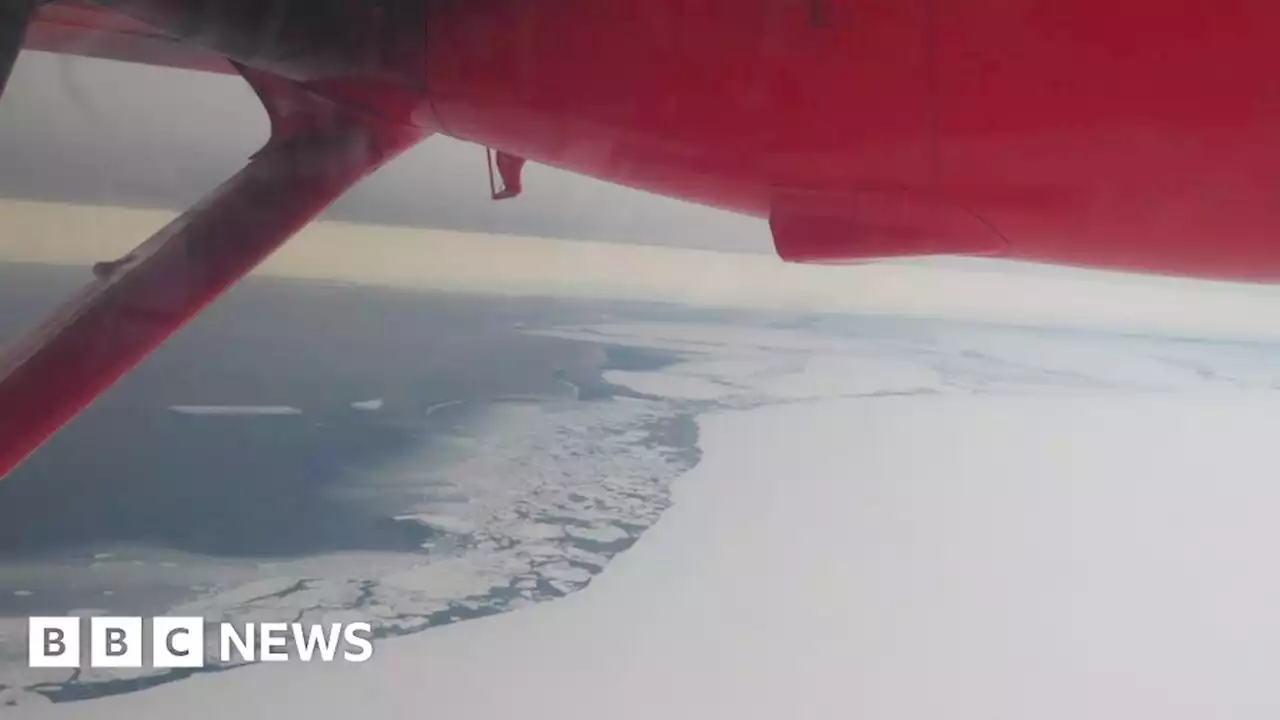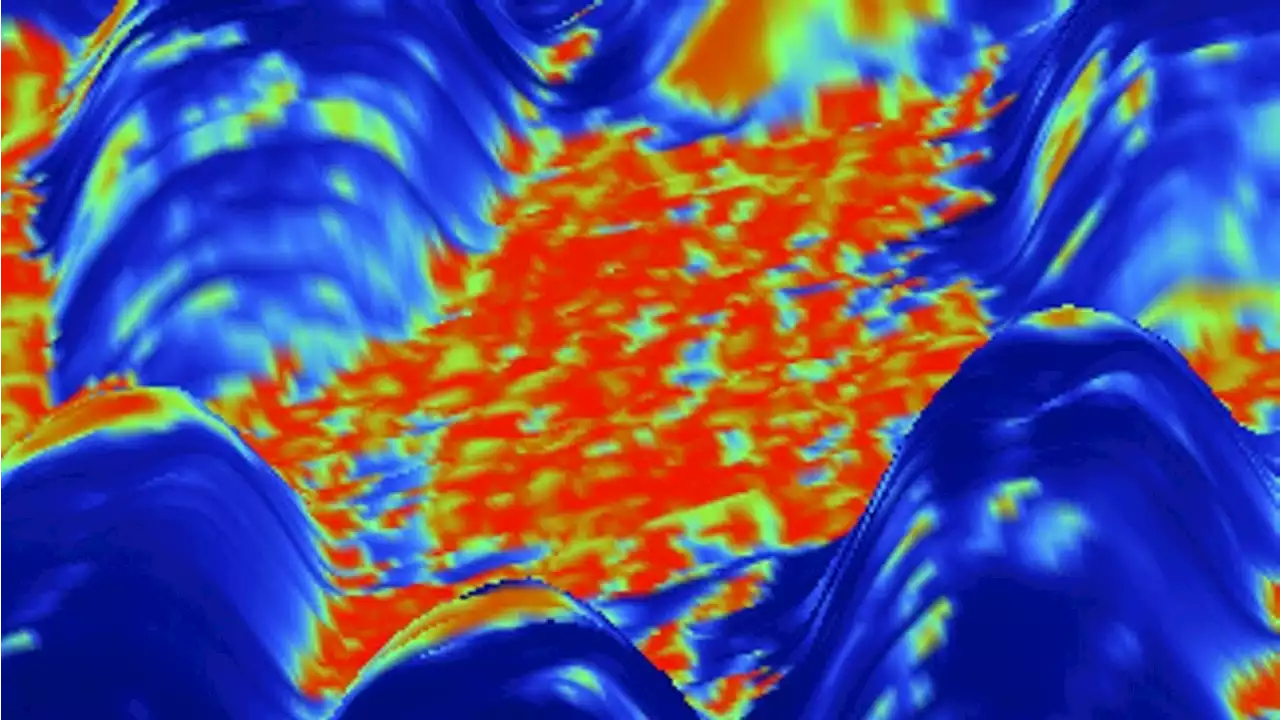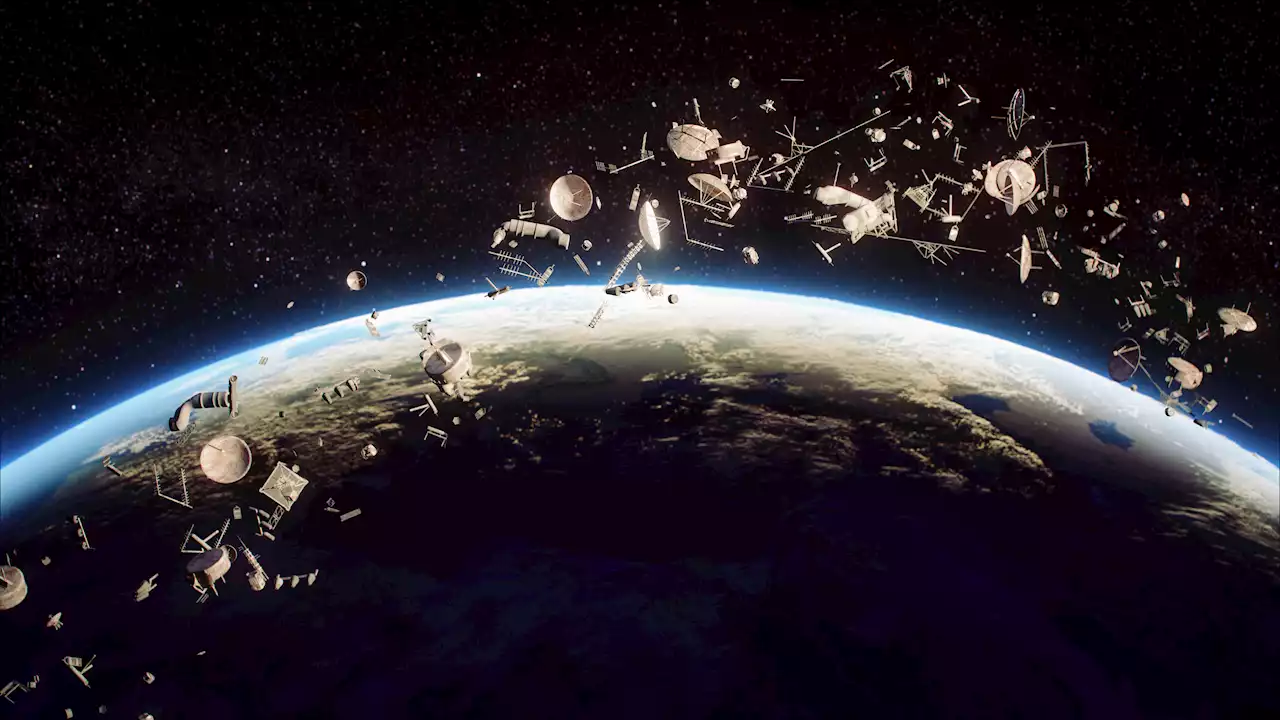Even tiny pieces of junk can pose serious risks to astronauts. Scientists call for a global treaty to eliminate increasing orbiting debris
ixty-six years ago, there was just a single human-built object in Earth orbit. It was Sputnik, the Soviet Union’s—and the world’s—first satellite, launched on Oct. 4, 1957. Now take a moment and try to guess how many objects—including active satellites, defunct satellites, and bits of debris from all of that space traffic—are currently circling the planet. Have you made your guess? Good.
Your answer is wrong. Or let’s put it this way: it’s wrong unless the figure you guessed is 100 trillion. That’s the jaw-dropping number cited by an international team of researchers writingcalling for a global treaty to curb the amount of satellites and rubbish that have been forming an ever-growing debris belt in low-Earth orbit for more than three generations now.
The researchers report that there are currently 9,000 active satellites in orbit—a number expected to grow to over 60,000 by 2030. The 100 trillion figure includes everything from spent boosters and stray bolts, to metal flecks and floating paint chips that went along with launching all of that hardware. And don’t think something as small as a paint chip is harmless. Orbiting the Earth at 28,200 km/hr , so small a piece of rubbish can strike a spacecraft or other orbiting object like a bullet.
“As a marine biologist I never imagined writing a paper on space,” said Heather Koldewey, a senior marine technical adviser at the Zoological Society of London and a coauthor of the letter, in a statement that accompanied its release. “But through this collaborative research [we] identified so many parallels with the challenges of tackling environmental issues in the ocean. We just need to get better at the uptake of science into management and policy.
The researchers see hope for space in the progress that has been made so far in cleaning up the oceans—or at least in nations agreeing to try. In March 2022, world leaders representing 170 nations signed a global plastics treaty at the
Brasil Últimas Notícias, Brasil Manchetes
Similar News:Você também pode ler notícias semelhantes a esta que coletamos de outras fontes de notícias.
 No Seriously, Scientists Really Want You To Get Your 'Beauty' SleepExcuse us while we get an early night.
No Seriously, Scientists Really Want You To Get Your 'Beauty' SleepExcuse us while we get an early night.
Consulte Mais informação »
 Scientists track iceberg the size of LondonTwo bergs the size of Greater London and Cornwall are drifting towards an area where they could affect shipping and nature.
Scientists track iceberg the size of LondonTwo bergs the size of Greater London and Cornwall are drifting towards an area where they could affect shipping and nature.
Consulte Mais informação »
 Scientists Use AFM to Image ElectrocatalysisIn this study, the researchers utilized conductive atomic force microscopy (c-AFM) to investigate the potential of nanostructured and bimetallic copper-gold electrocatalysts for carbon-dioxide electroreduction.
Scientists Use AFM to Image ElectrocatalysisIn this study, the researchers utilized conductive atomic force microscopy (c-AFM) to investigate the potential of nanostructured and bimetallic copper-gold electrocatalysts for carbon-dioxide electroreduction.
Consulte Mais informação »
 Scientists discover a new way to prevent secondary breast cancerScientists have discovered why breast cancer cells that have spread to the lungs may 'wake up' following years of sleep, forming incurable secondary tumors.
Scientists discover a new way to prevent secondary breast cancerScientists have discovered why breast cancer cells that have spread to the lungs may 'wake up' following years of sleep, forming incurable secondary tumors.
Consulte Mais informação »
 Scientists track iceberg the size of LondonTwo bergs the size of Greater London and Cornwall are drifting towards an area where they could affect shipping and nature.
Scientists track iceberg the size of LondonTwo bergs the size of Greater London and Cornwall are drifting towards an area where they could affect shipping and nature.
Consulte Mais informação »
